What Are You Excited About?

What Are You Excited About? A lightning talk given at 1 Million Cups Omaha.
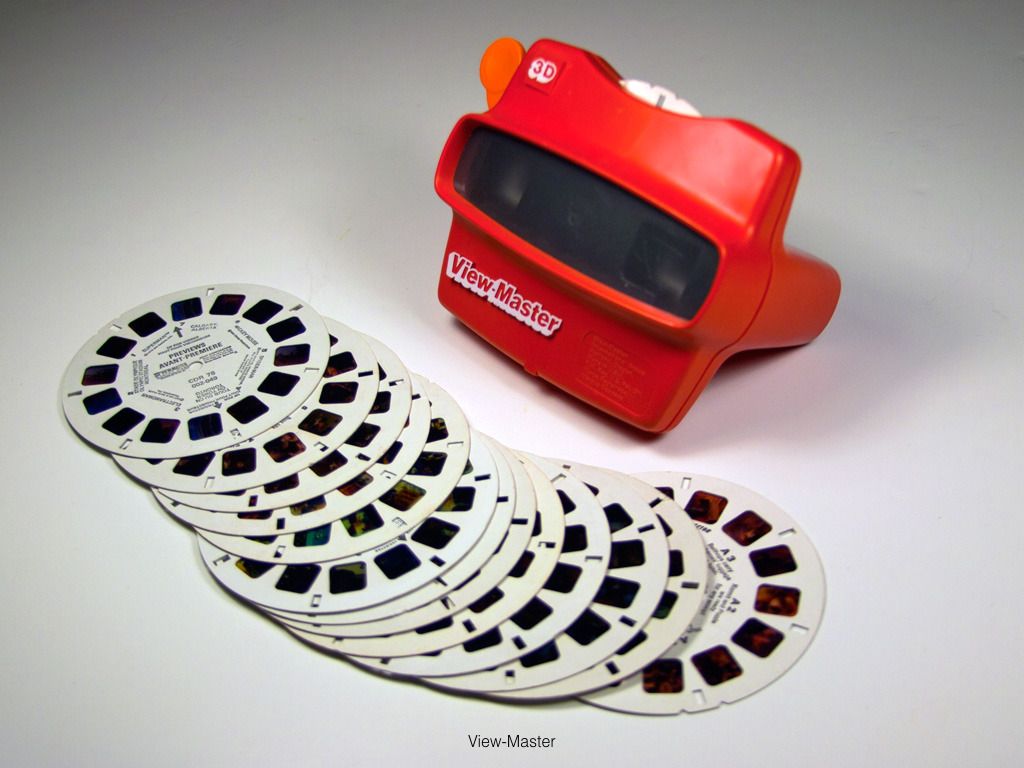
Anyone who had one of these growing up will understand my gut reaction to this question.

I recently got a Google Daydream, so I’m realizing that Virtual Reality is pretty cool.
Not much content out there for it, but I’ve used it enough to say…
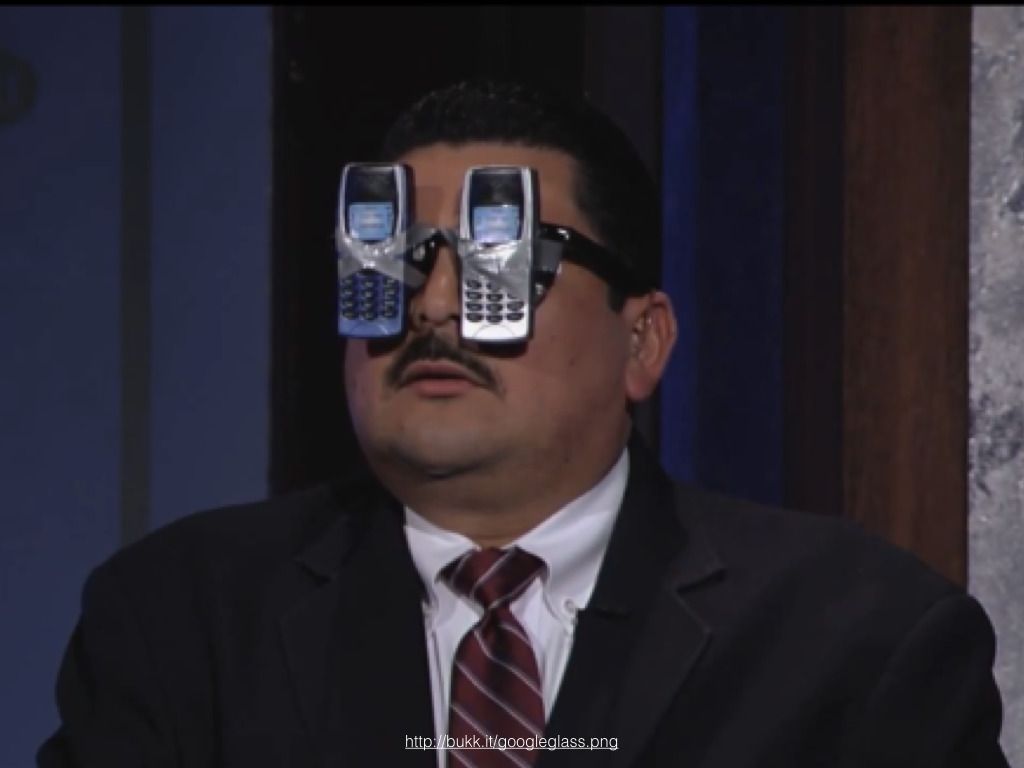
…that it feels weird to strap your phone to your head.
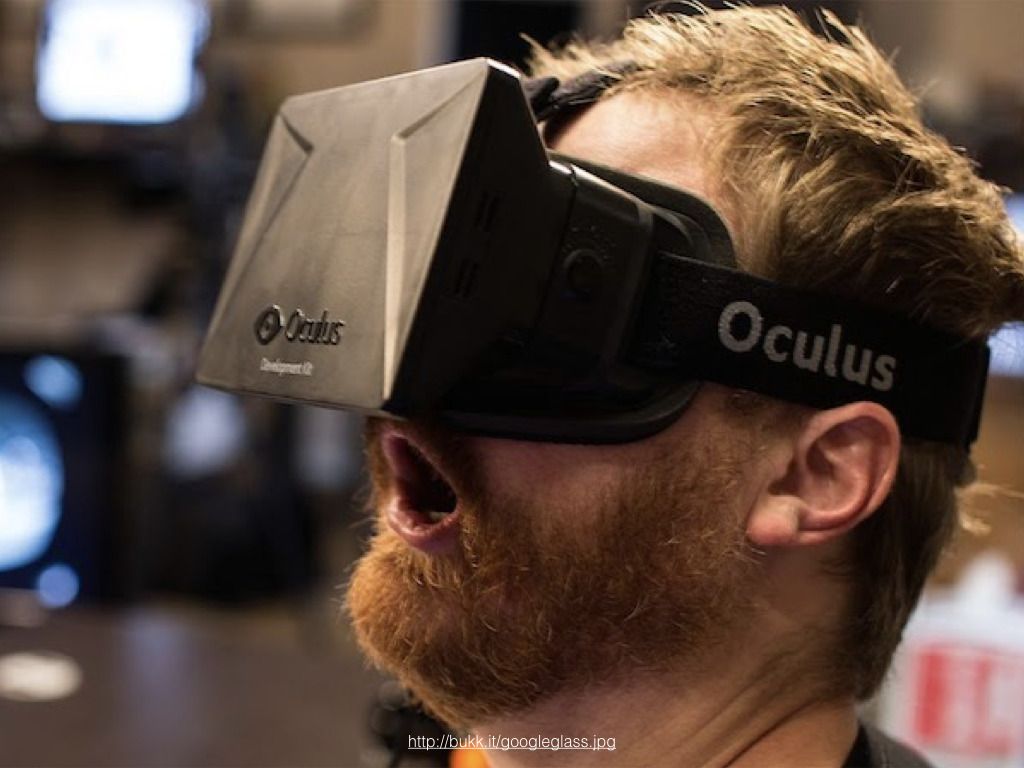
But I can already tell—this will be a big deal.
As a web developer, WebVR in the browser is pretty exciting. I like the idea of browsing VR content without having to download an application to do it.
I just hope that medical science will keep pace sufficiently with the inevitability that, as a human race, our bodies will never exercise or be exposed to sunlight ever again.
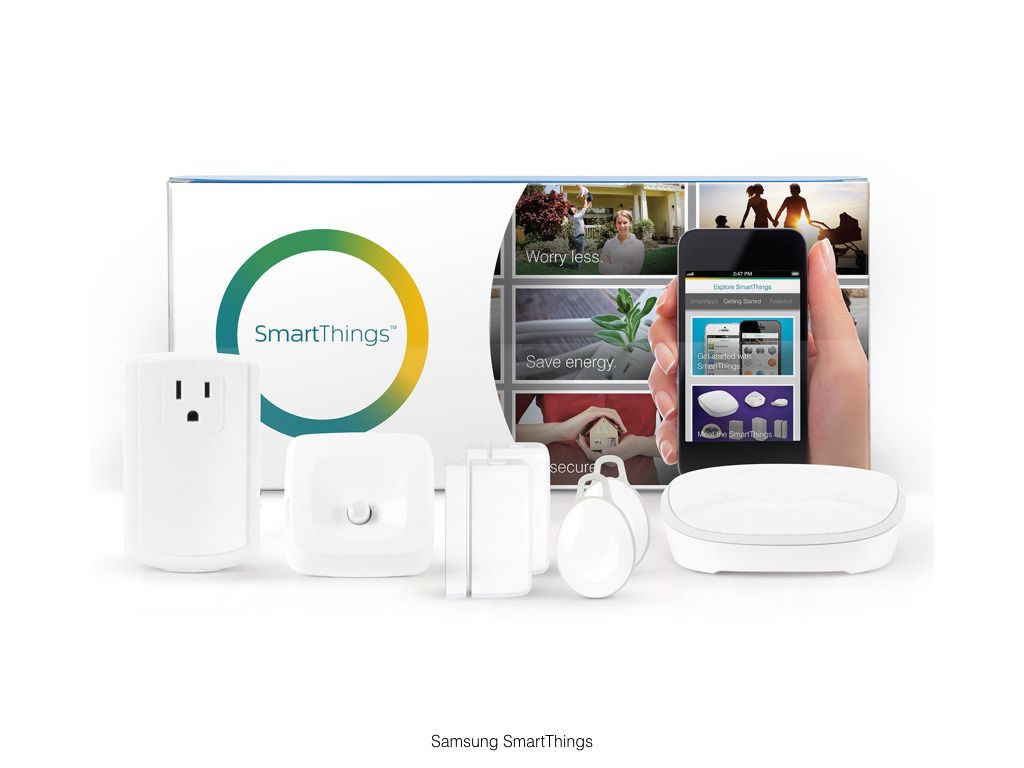
My second gut reaction—the smart home. That’s kinda exciting, I guess. I have a sensor in my daughter’s room to monitor the temperature.
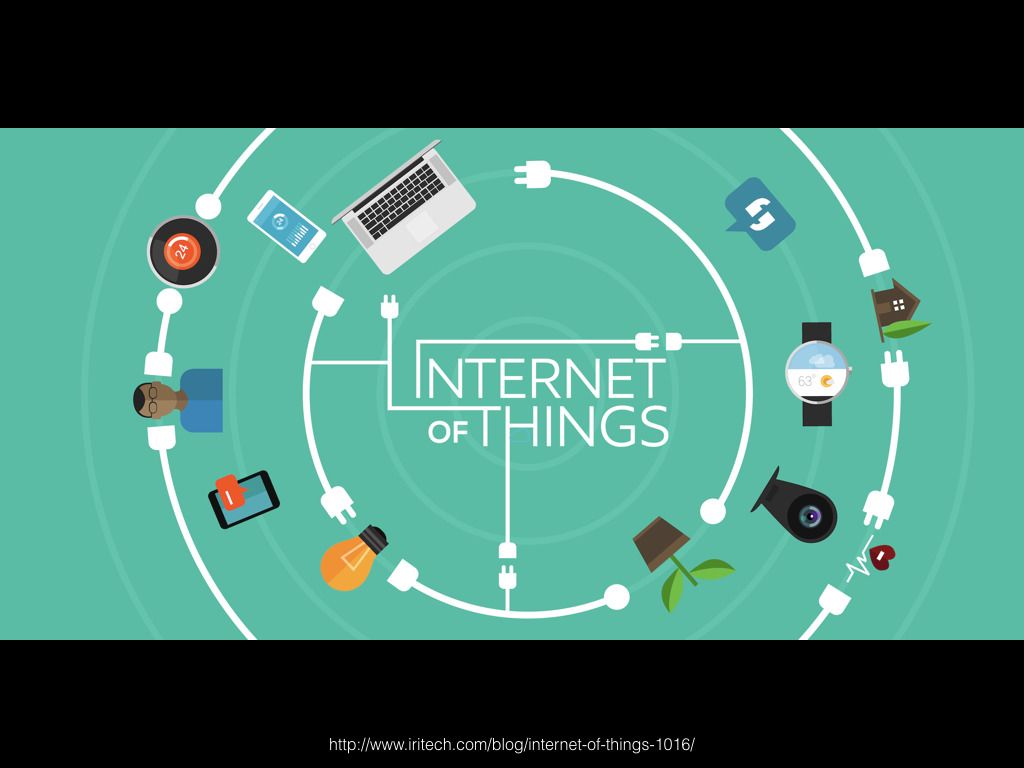
But I keep asking myself the same question: Does everything really need to be accessible via the web?
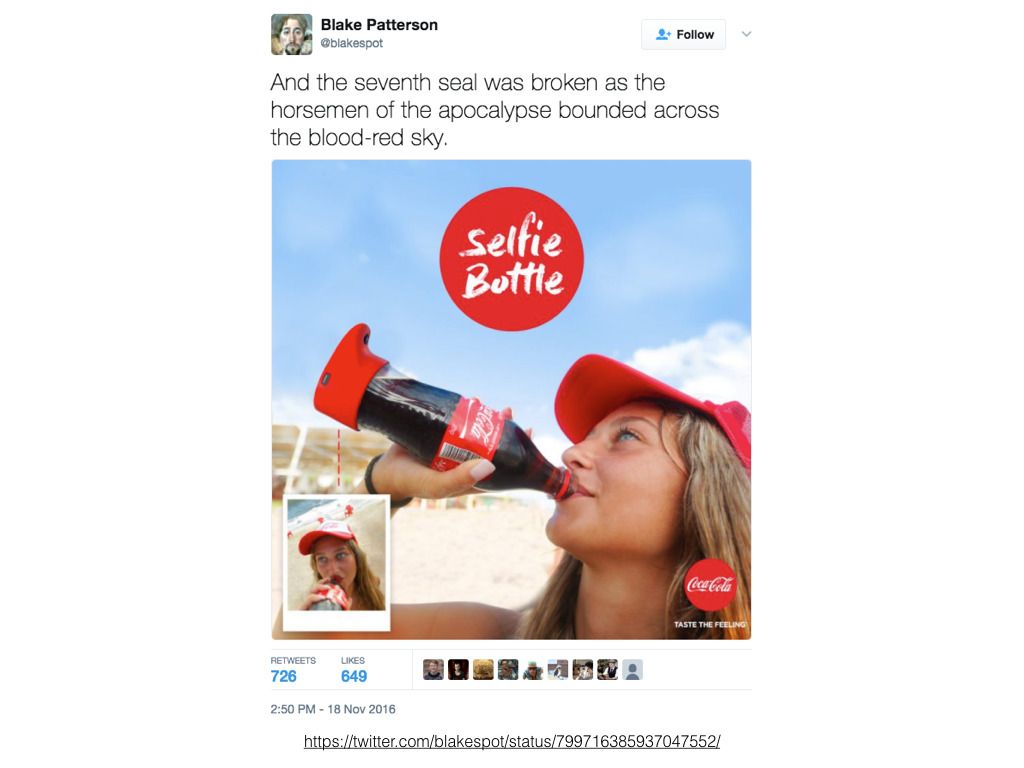
Consider this web enabled selfie coke bottle, which one can only assume features Kendal Jenner in this photo working with Coke before she moved on to Pepsi. Is this necessary? No.

Or more recently this $400 WiFi enabled Juicer that squeezes Juice from proprietary bags of juice. Yes, it adds a nice layer of DRM to your fruit. But don’t worry, uh, you can still squeeze the bags by hand.

And of course, the Smart TV.
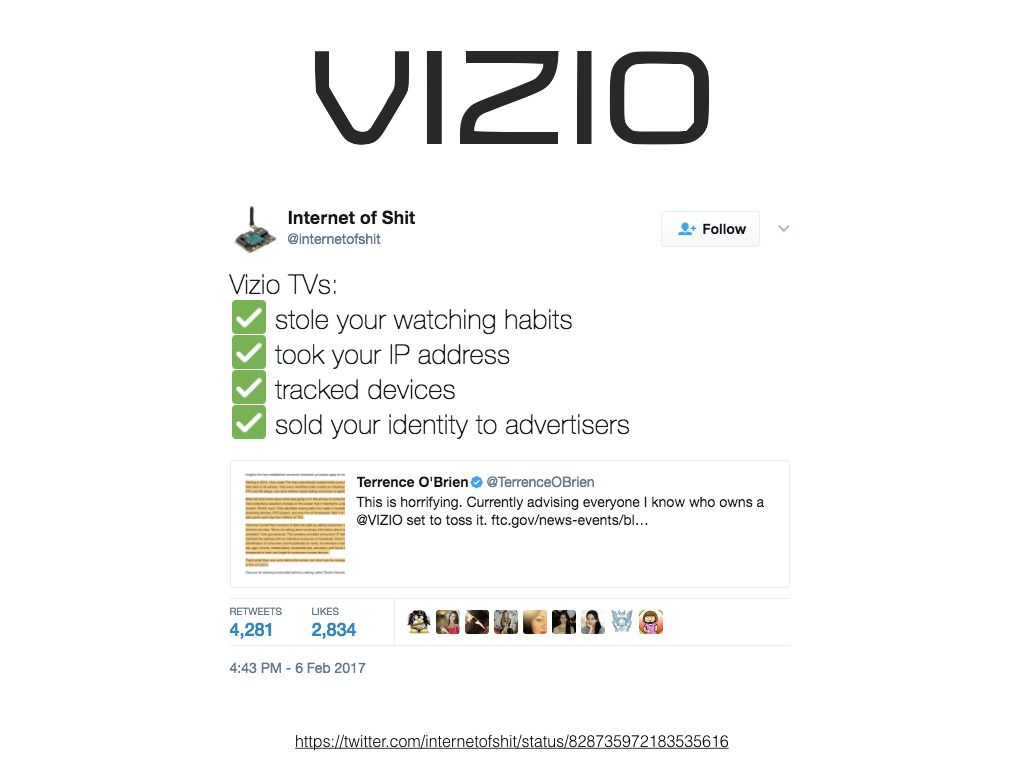
If you have a Vizio TV, your watching data was probably sold to advertisers.

Or this real news story about an anchor on-air that said “Alexa order me a Dollhouse” and devices in viewers’ homes ordered dollhouses. This was much to the delight of both kids who wanted dollhouses and privacy schadenfreudists everywhere.

I guess Smart TVs now show Banner Advertisements too. This one pops up when you change the volume level.
Get out that Brawndo folks, we’ve arrived.
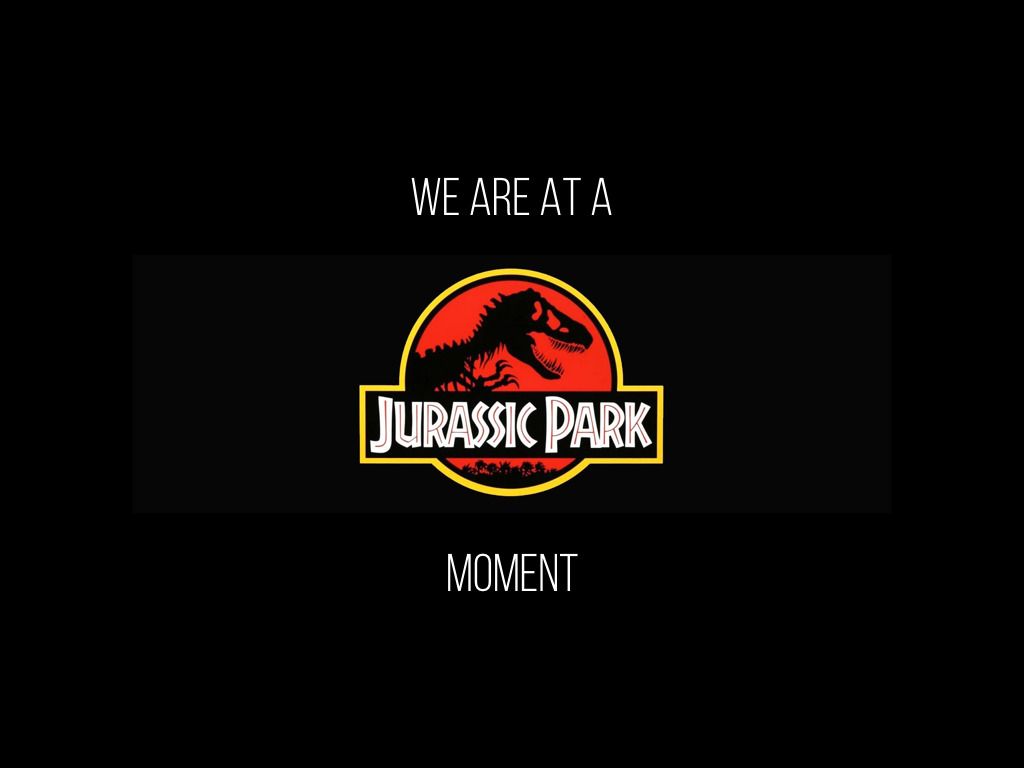
The tech world is at a Jurassic Park moment.
“I don’t think you’re giving us our due credit. Our scientists have done things which nobody’s ever done before.”
“Yeah, yeah, but your scientists were so preoccupied with whether or not they could that they didn’t stop to think if they should.”
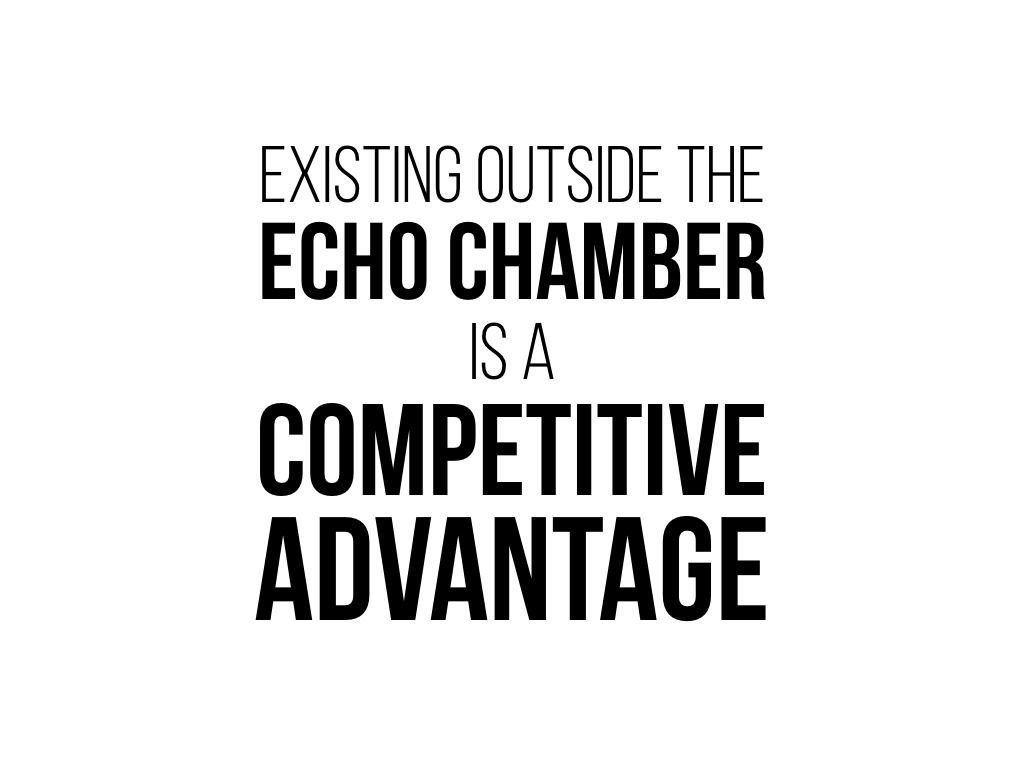
The tech world—Silicon Valley especially—can be an echo chamber.
Merely existing outside of this echo chamber can be a competitive advantage.

So, what am I excited about?
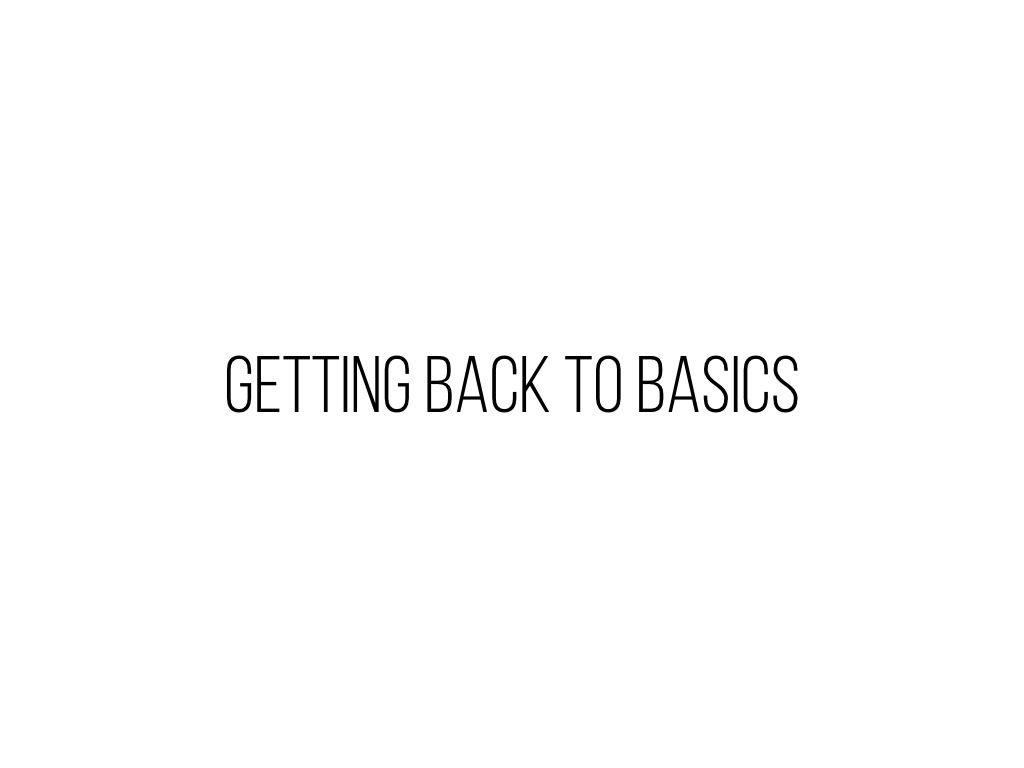
I’m excited to get back to basics.
To look at the fundamental principle of what makes the web is great—ubiquity.
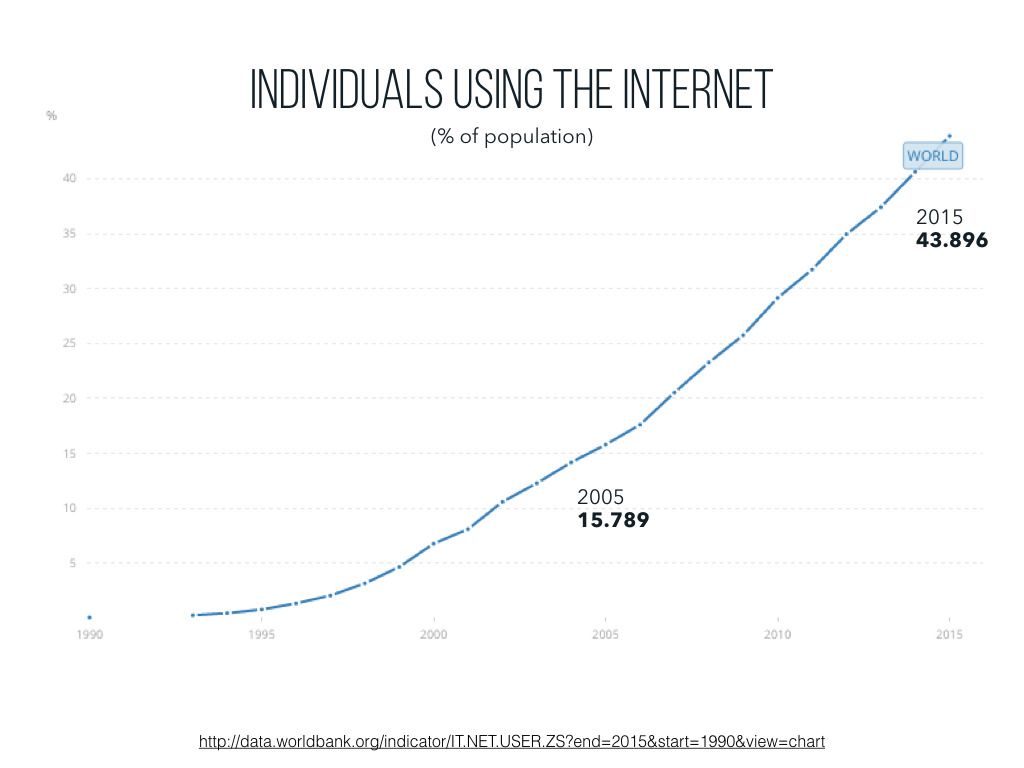
The internet is becoming accessible to more people, world wide.
In 2005, only 15% of the world’s population was online.
In 2015, it was up to almost 44%.
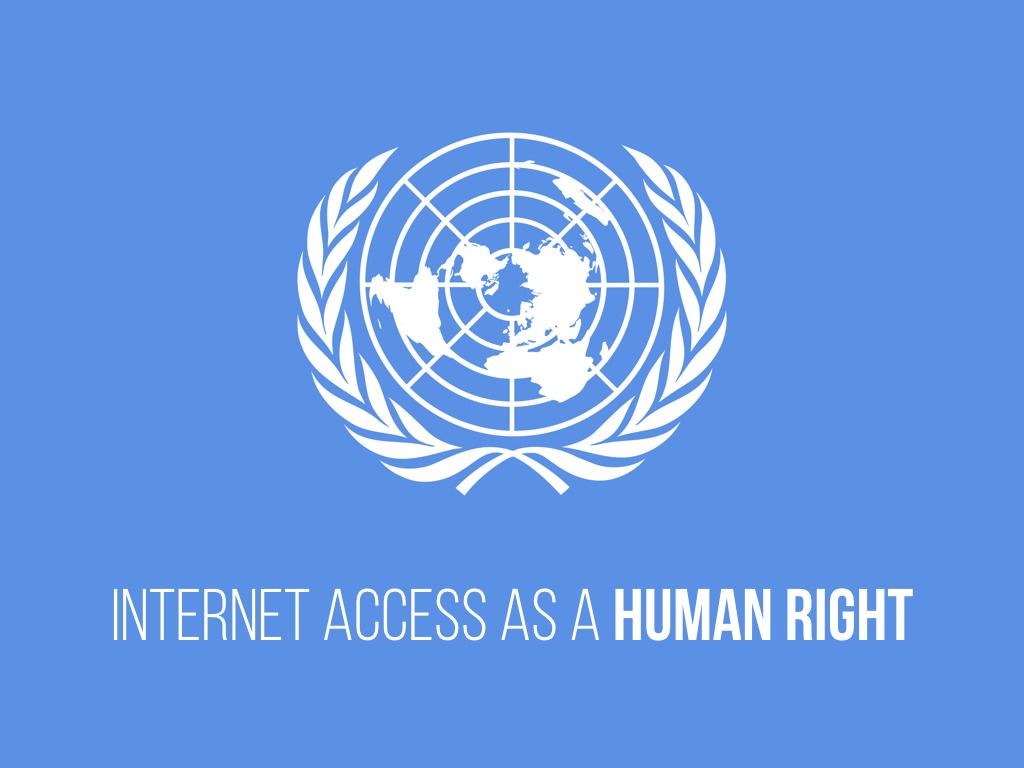
In 2016, the UN passed a resolution condemning disruption of internet access by governments—formally stating that Internet access was a human right.
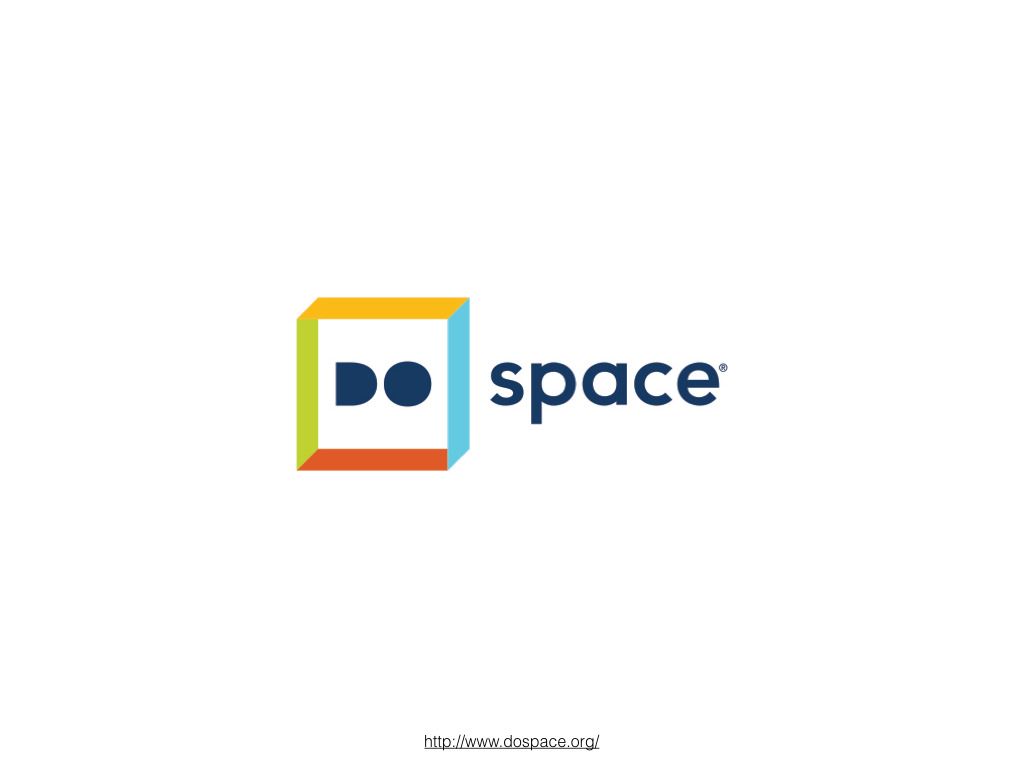
This is why Omaha’s amazing one-of-a-kind digital library—Do Space—and their “free and open to all” mission is so important. It gives people access to this powerful communication and learning tool.
The web should not be a gated community for Silicon Valley elites. The more diversity that’s represented in our online communities, the better the web will be.
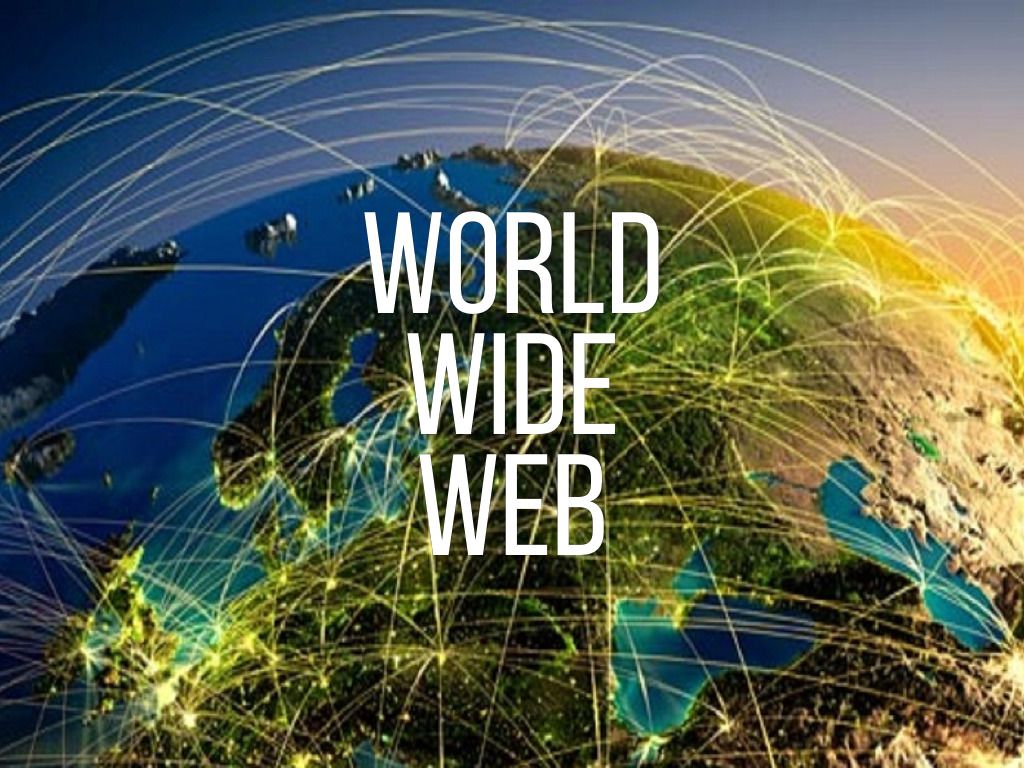
As web developers, we need to ask ourselves if we’re building a World Wide Web…

…or are we, as my friend Bruce Lawson calls it, building a Wealthy Western Web.
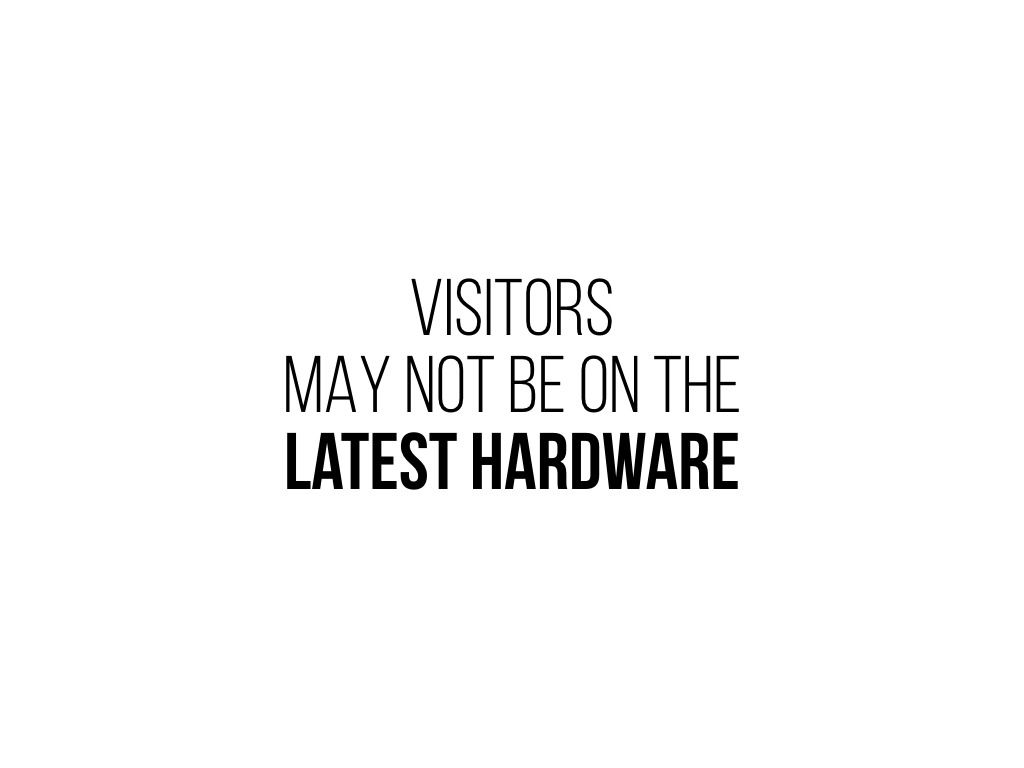
Your visitors may not be on the latest hardware.
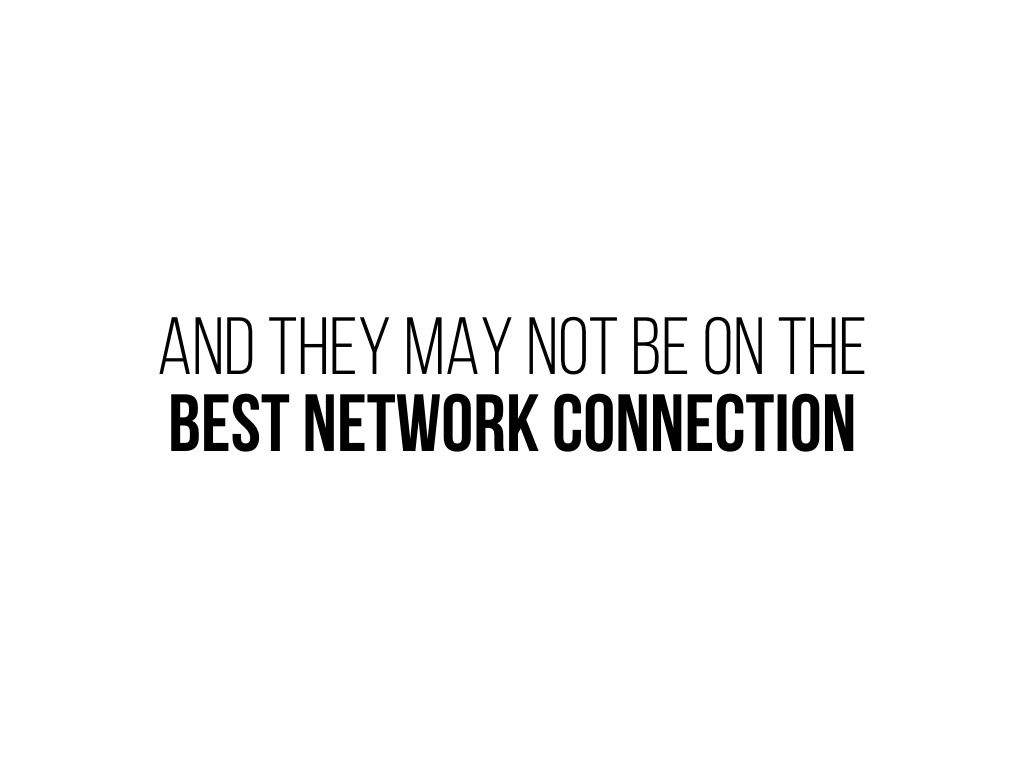
Your visitors may not be on the best network connection.
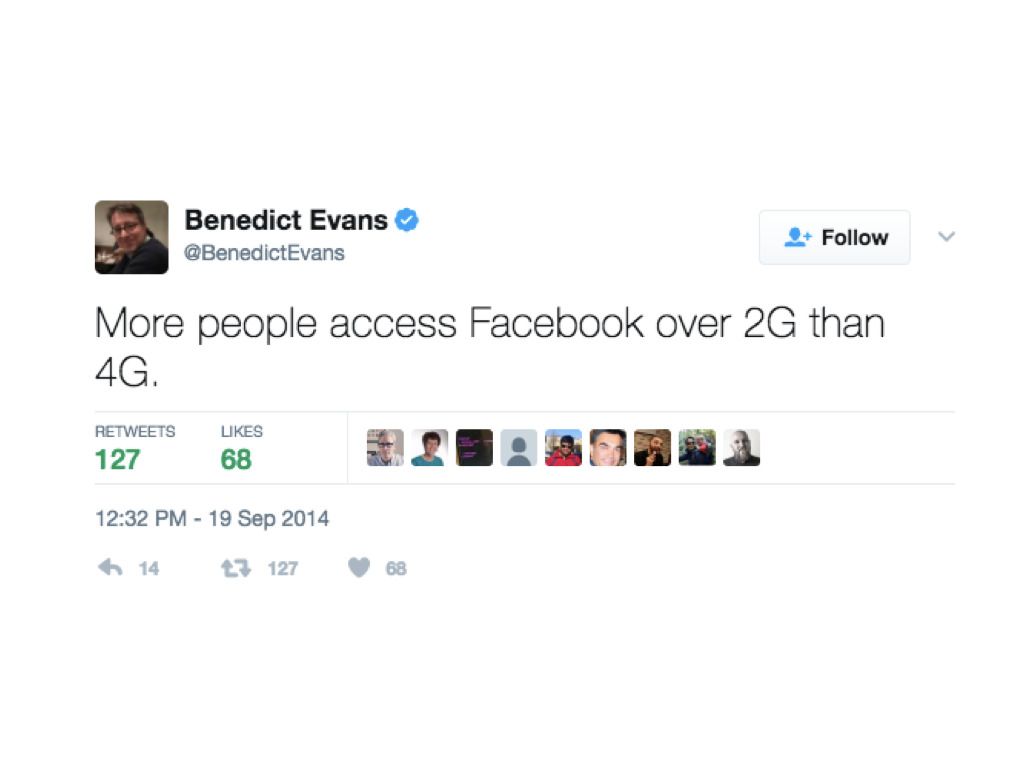
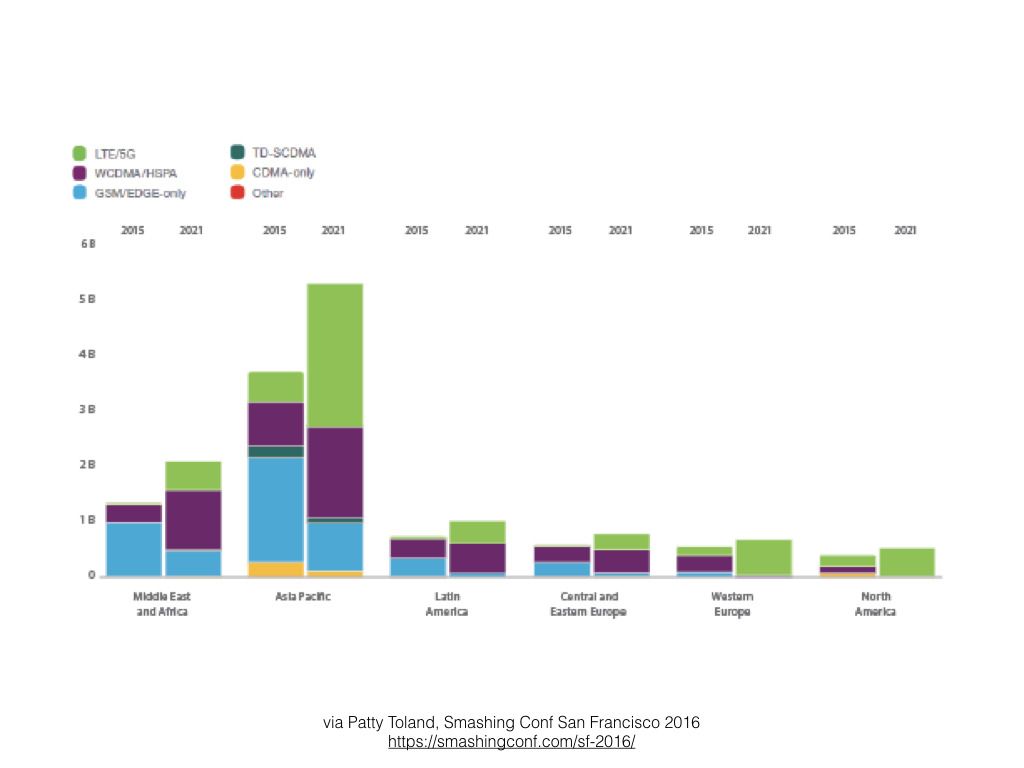
Look at all of those people in the Middle East, Africa, and Asia Pacific regions that are (or will be) on CDMA/GSM in 2015 (or projected in 2021).
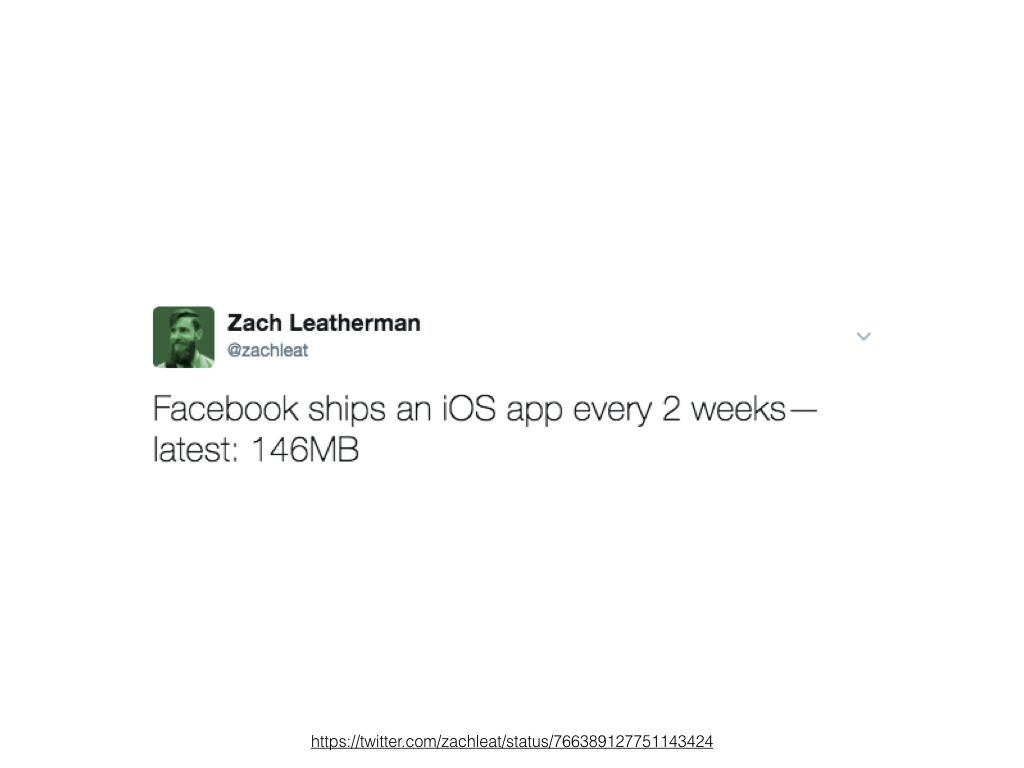
Those people may not want to download your 150MB app, which may be quite costly on a metered data connection.
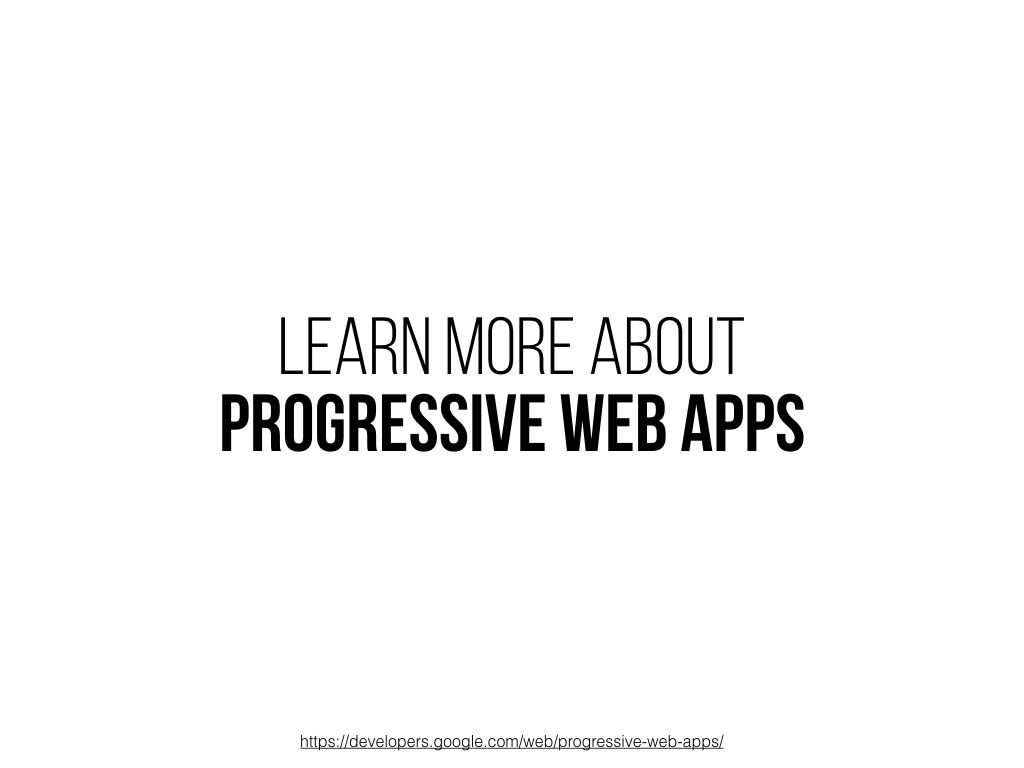
A great alternative to a giant monolithic app download: progressive web apps. Bunch of native app-like benefits: offline, home screen icon, and more.
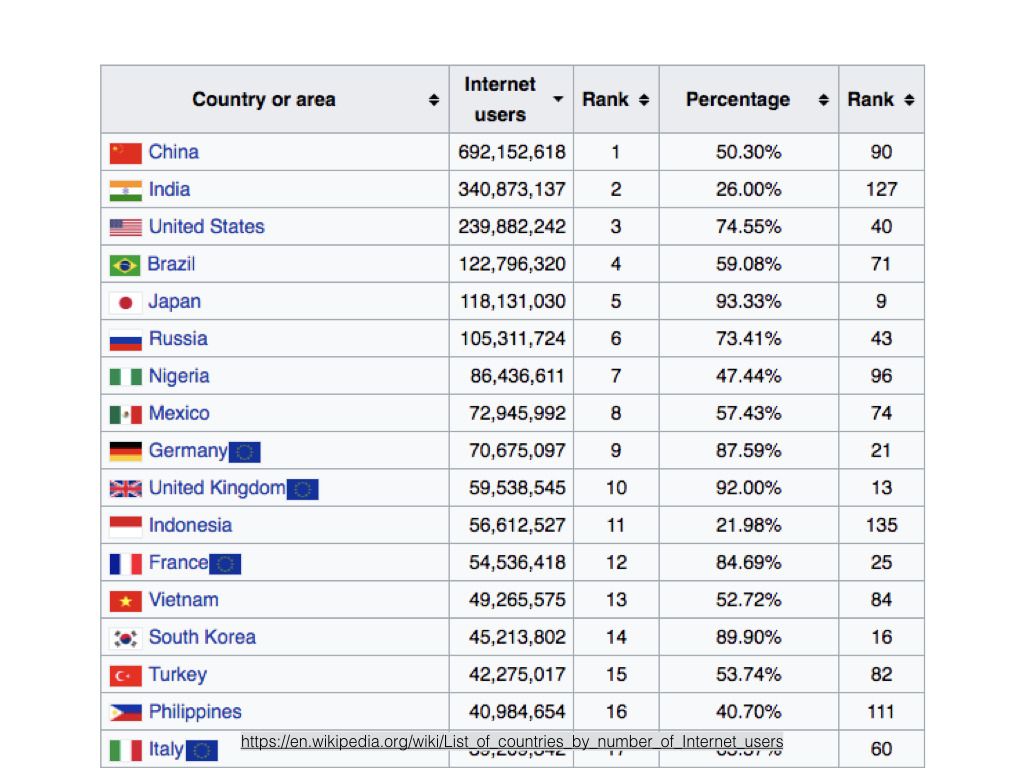
This is a list of countries ordered by the total number of internet users.
China has 692 million people online. India has 340 million. Take note that the total US population is ~320 million.
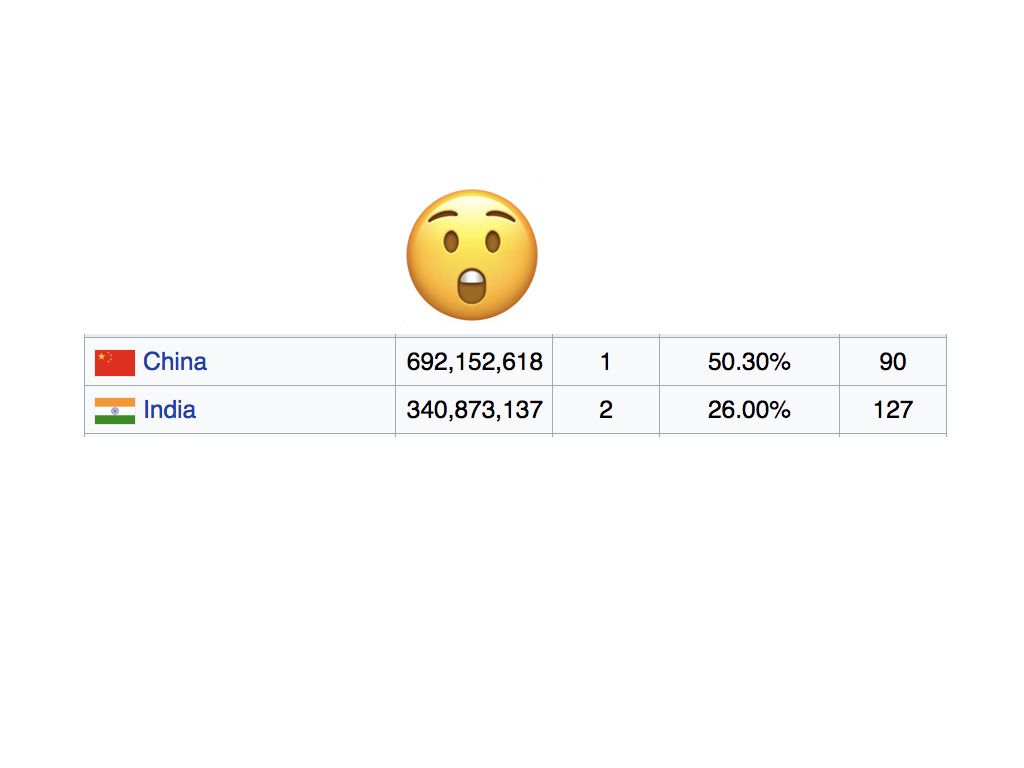
China has 1.4 billion people.
India 1.3 billion people.
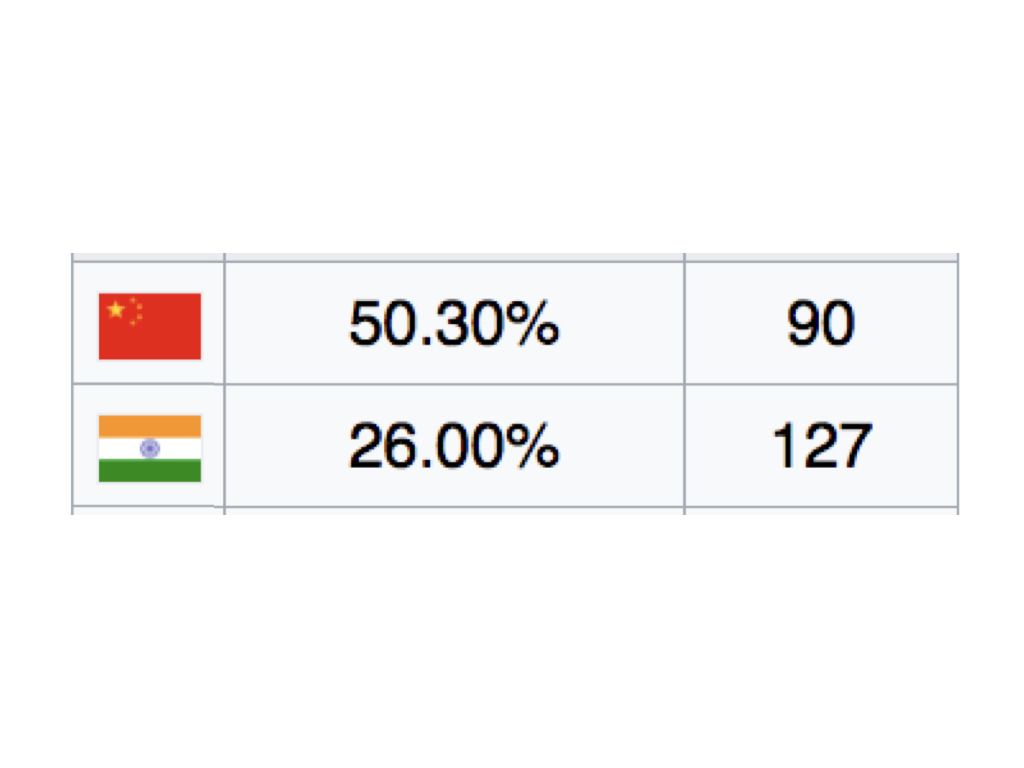
Only 50% and 26% of China and India’s (respectively) populations are online. The potential for growth in these countries is exciting.
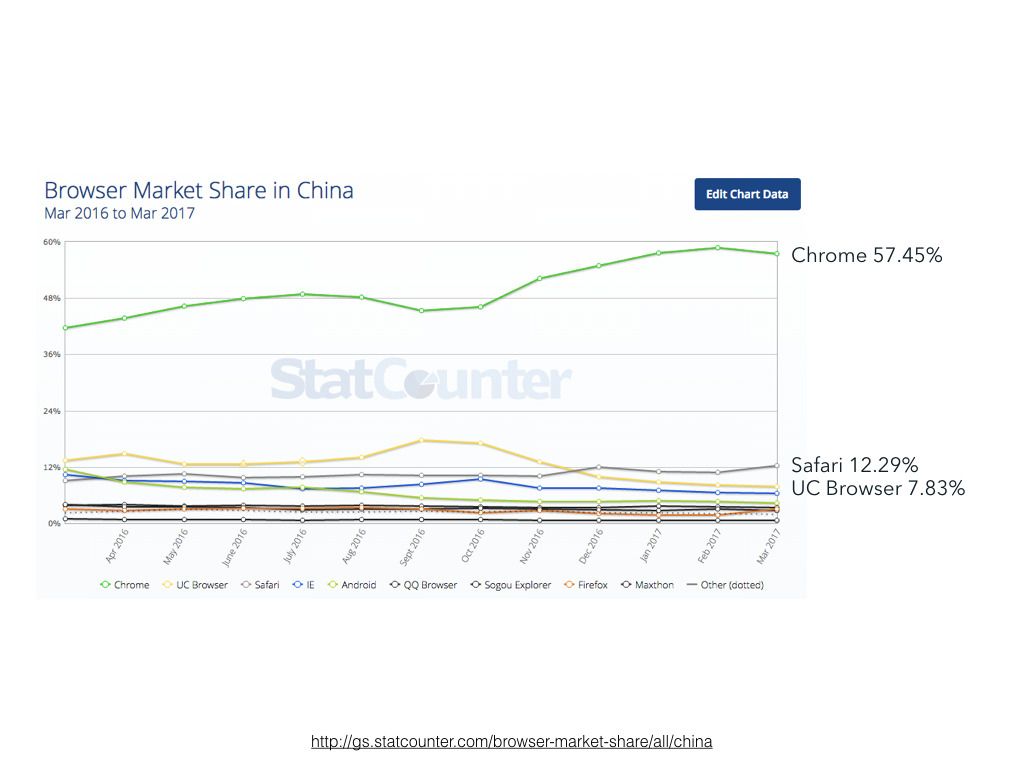
Are you ready for it? Are you testing in browsers used by Chinese web surfers users?
UC Browser is 7.83% of the Browser Market Share in China. That’s 54 million people.
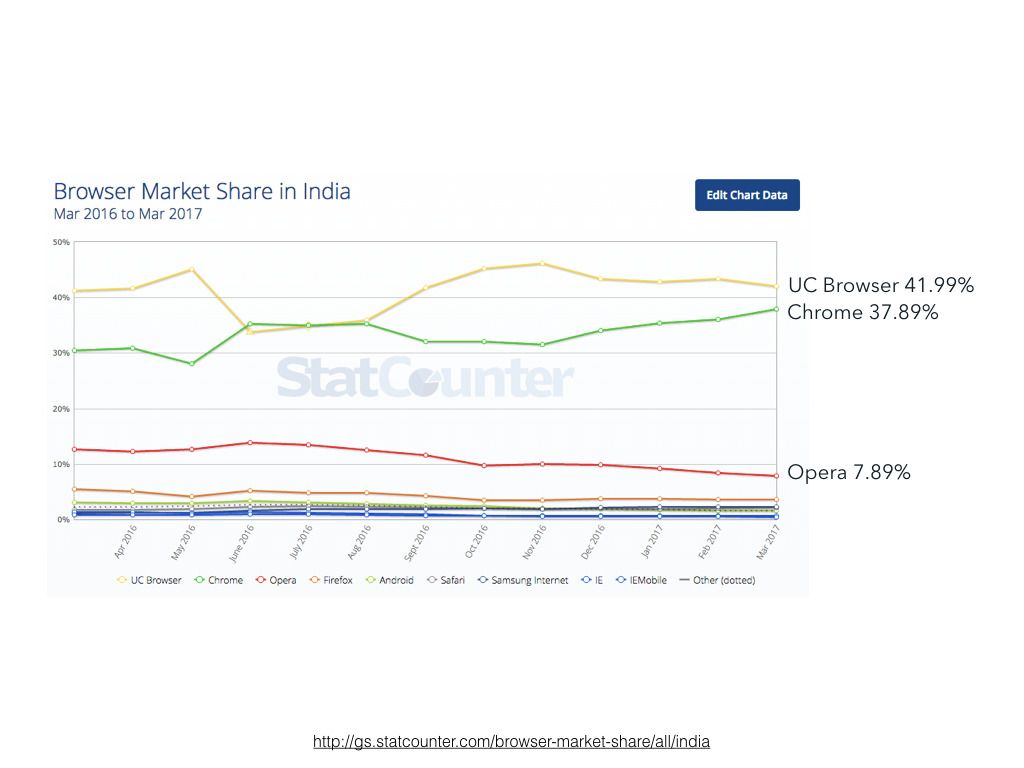
UC Browser is 41.99% of the Browser Market Share in India.
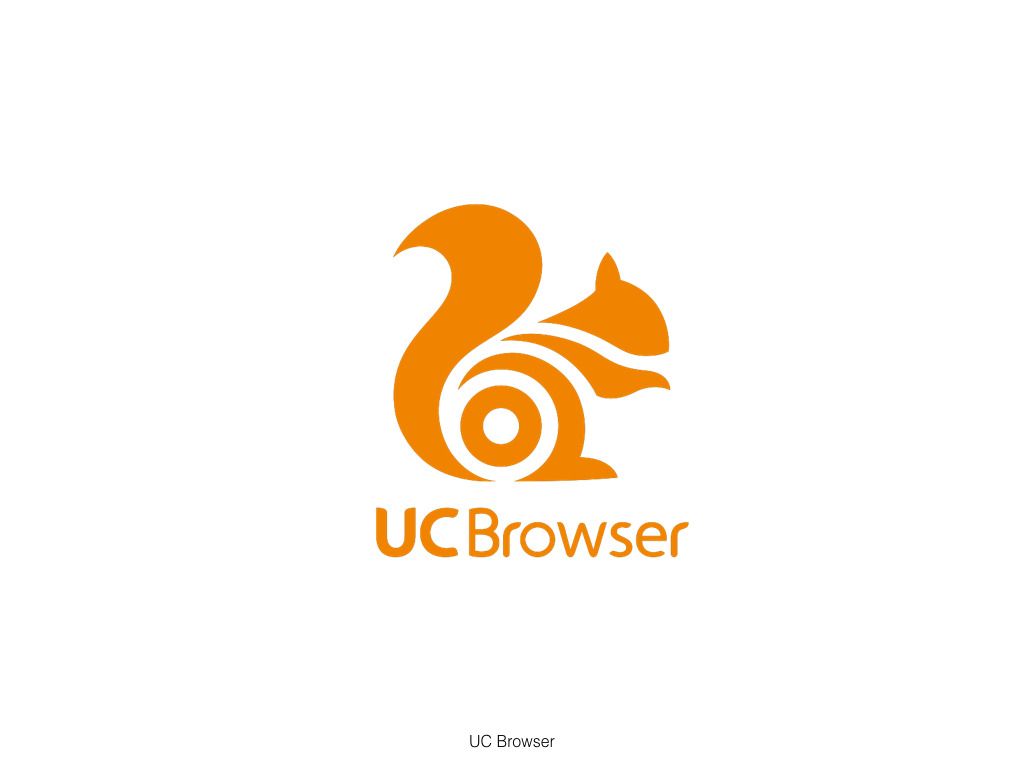
Have you heard of this browser? Do you test in it?
It was created by UCWeb and is owned by Alibaba.
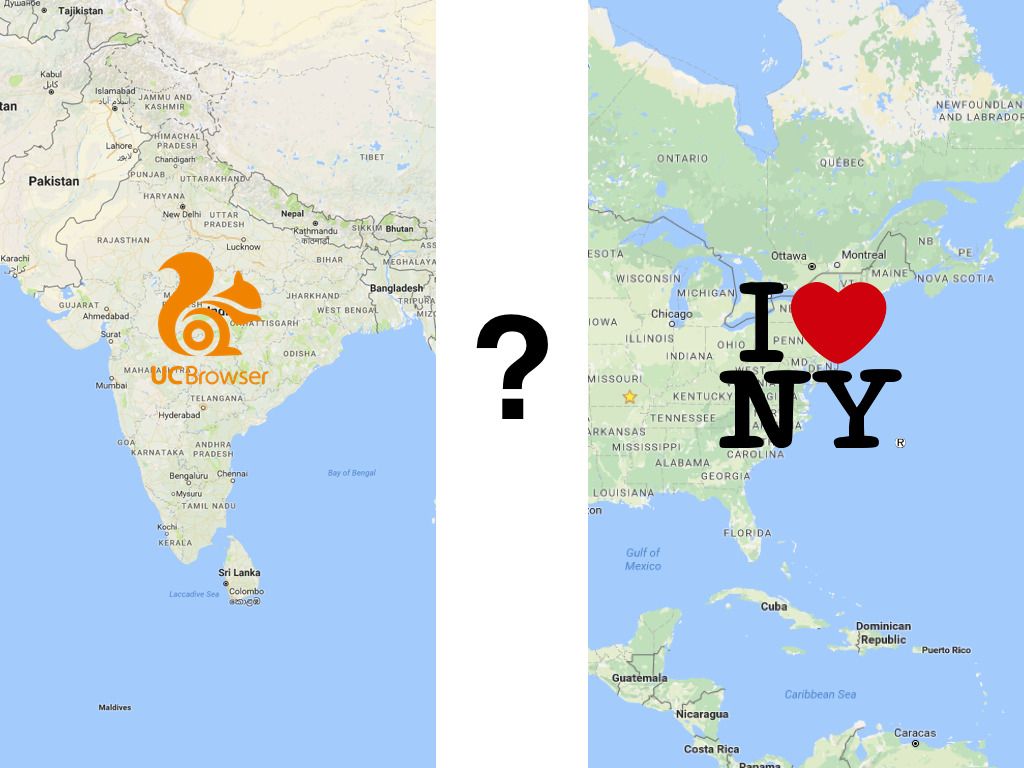
How does the number of UC Browser users in India compare to the population of New York City?
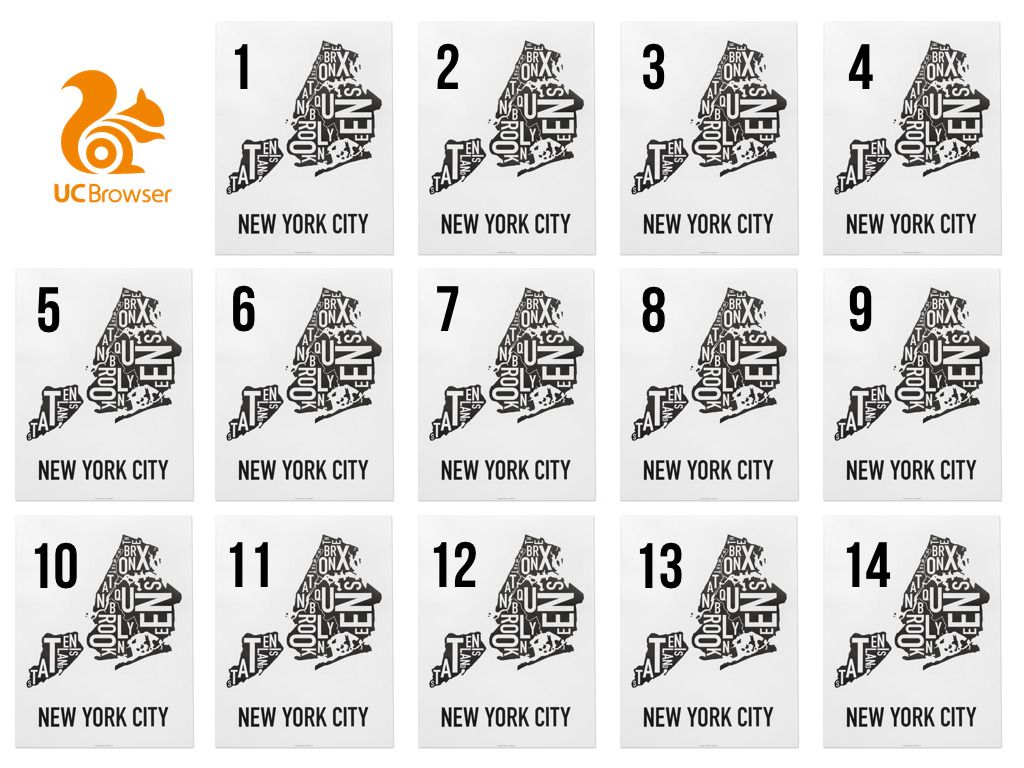
41.99% of India’s Browser Market Share.
340,873,137 people in India are online.
This is a rough approximation conflating user and usage but that means 143 million people in India are using UC Browser.
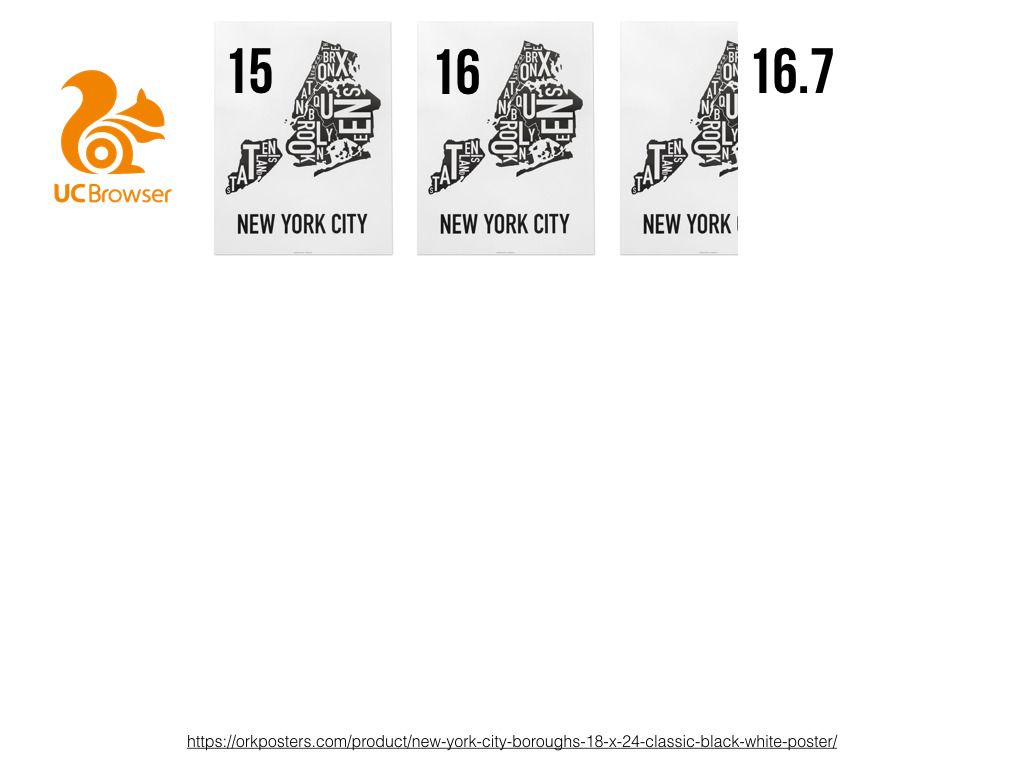
That’s equal to the total population of 16.7 New York Cities.
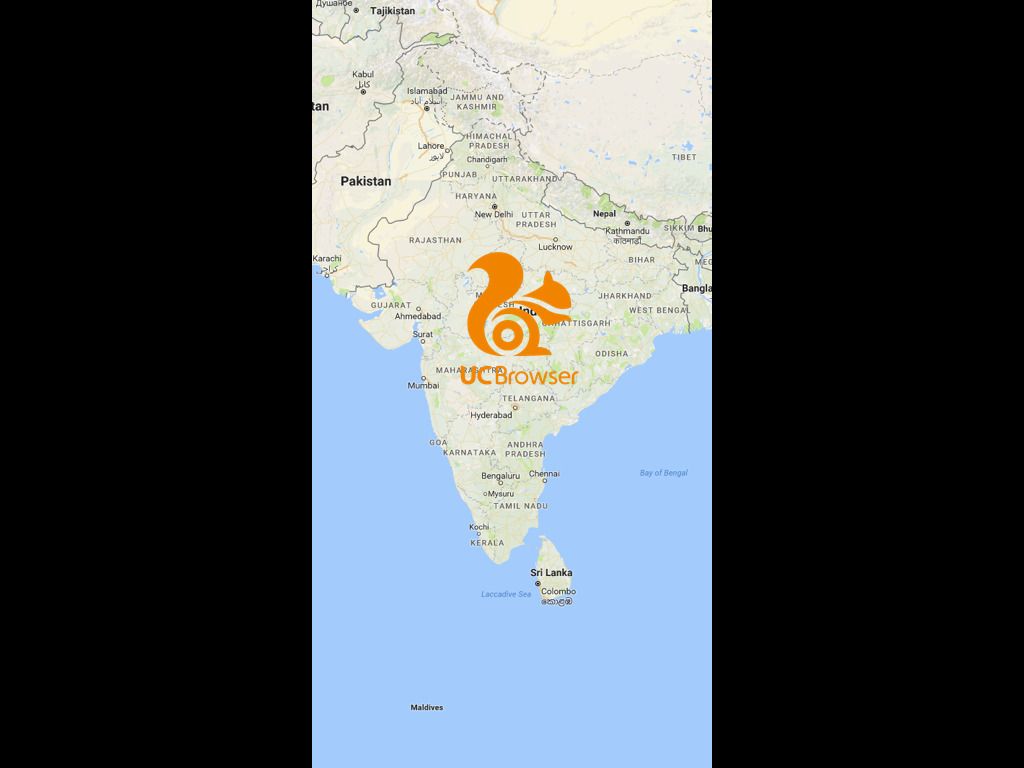
That’s just one browser in one country. Remember that only 26% of India is online.
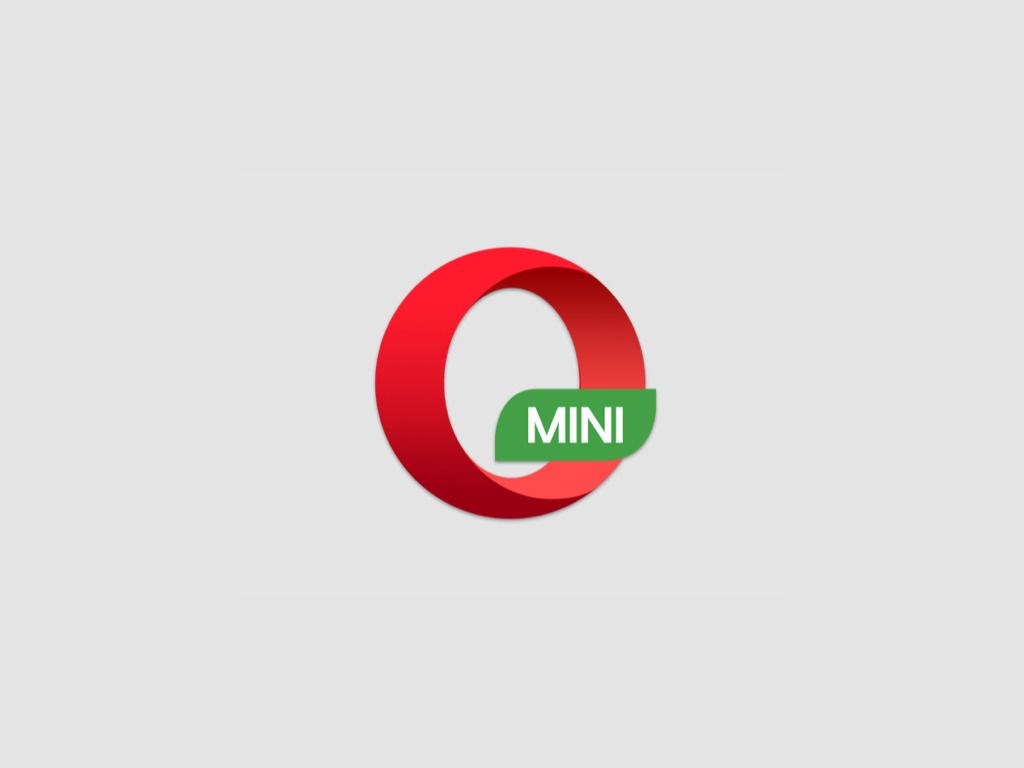
Okay, that’s UC Browser. How about Opera Mini?
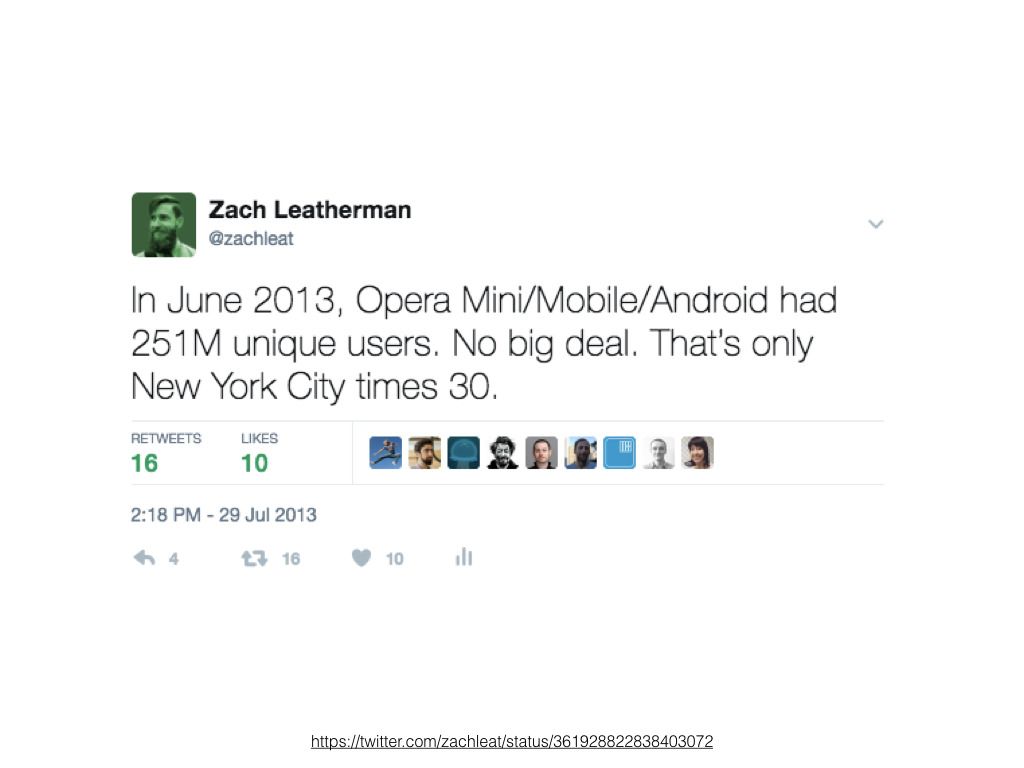
In June 2013, Opera Mini/Mobile/Android had 251 million unique users. No big deal. That’s only New York City times 30.
Opera Mini is ~91% of this.
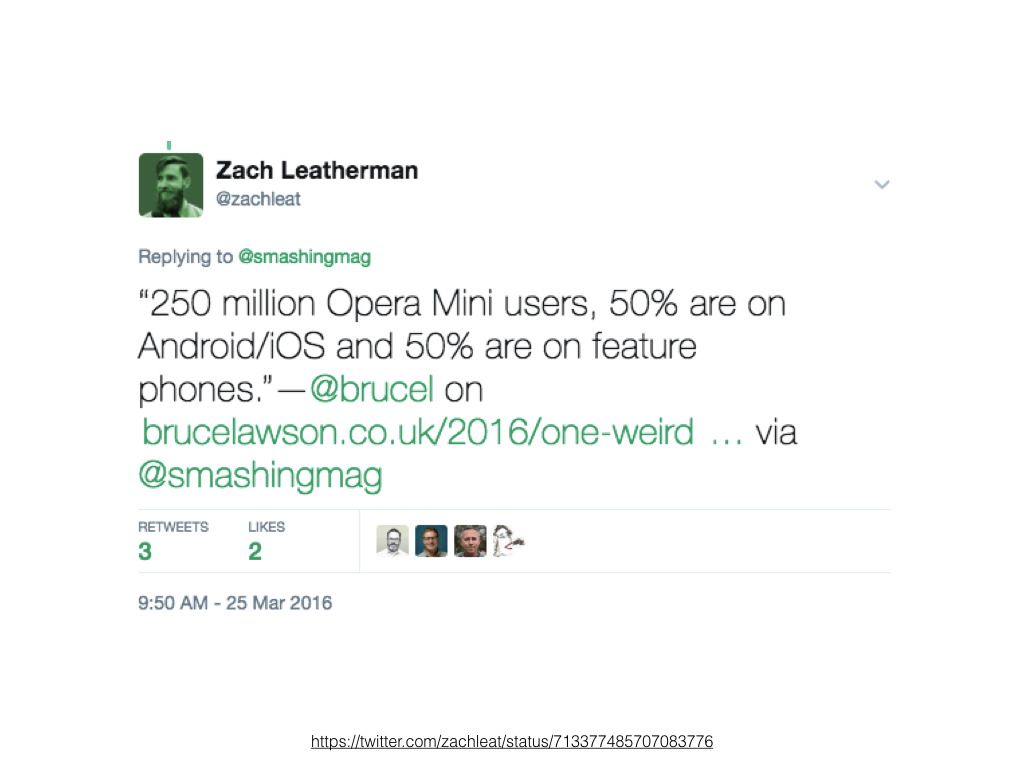
That tweet was a little old so let’s fast forward to 2016.
“250 million Opera Mini users, 50% are on Android/iOS and 50% are on feature phones.”—Bruce Lawson
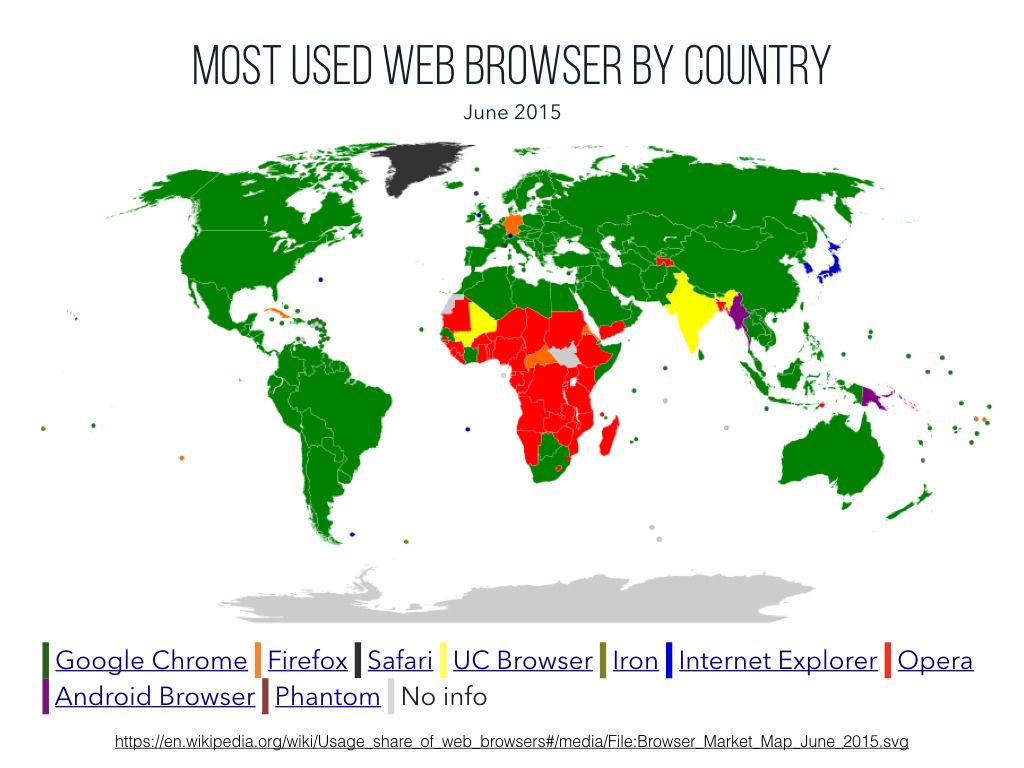
Opera is the most used web browser in a bunch of African countries.
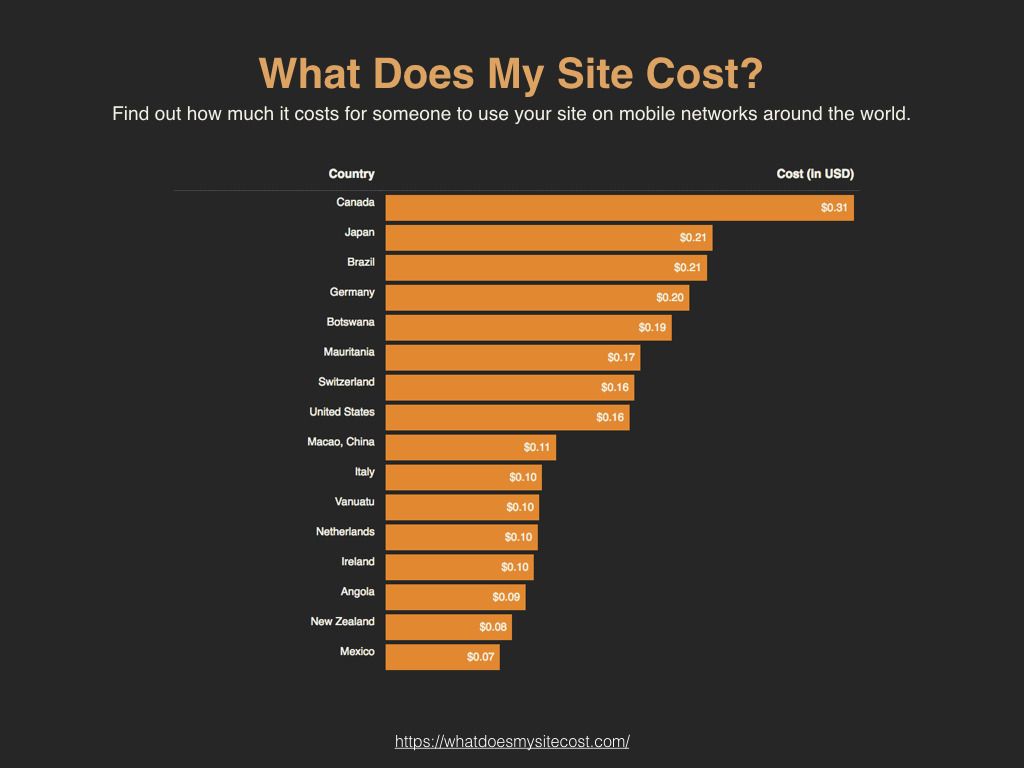
Let’s critically analyze the size of our web sites and apps and consider what their cost can mean to someone on a metered data connection. Check out What Does My Site Cost? to find out just how much your web site costs to someone in a different country.
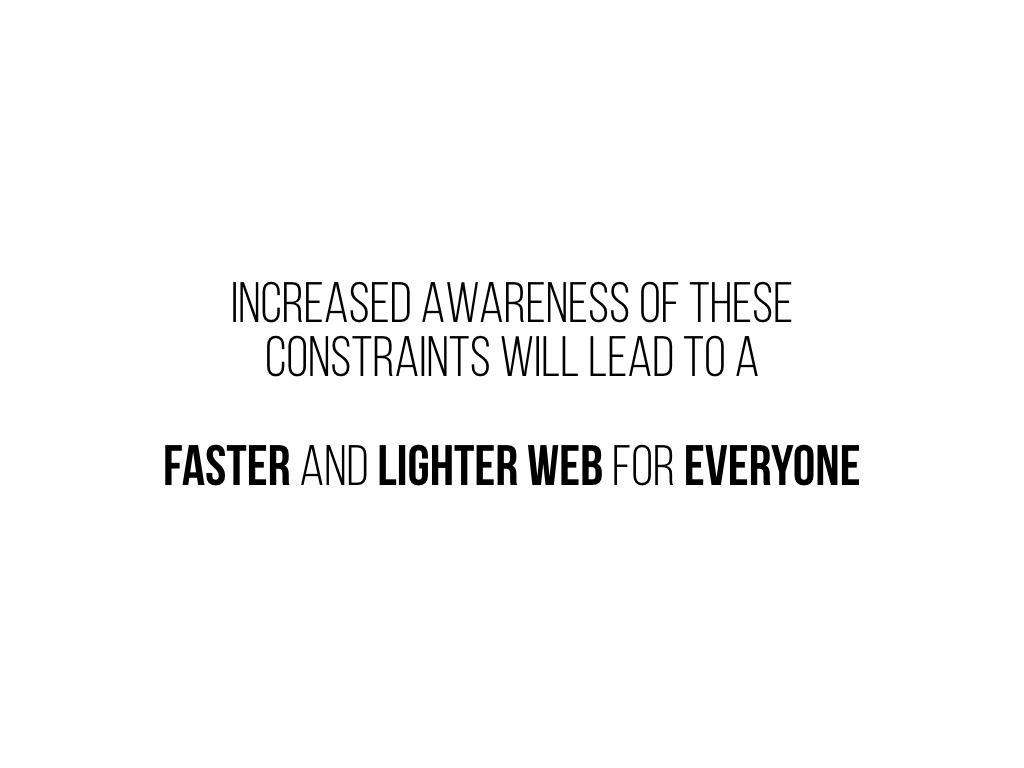
Increased awareness of these constraints will lead to a faster and lighter web for everyone.
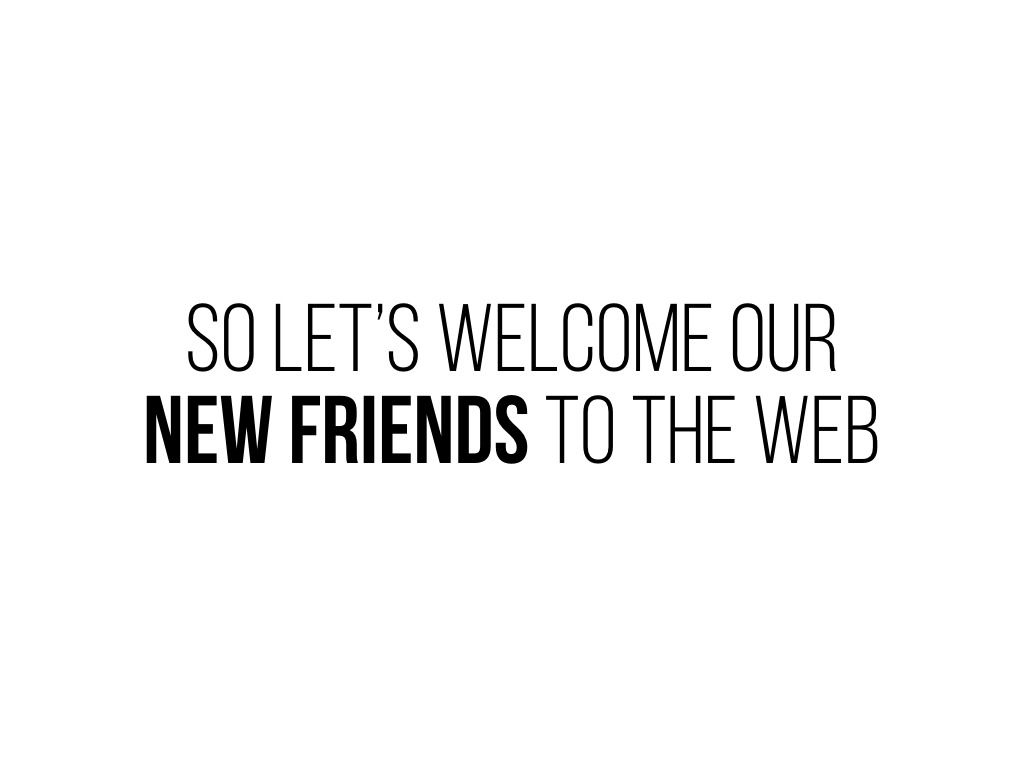
So let’s welcome our new friends to the web.
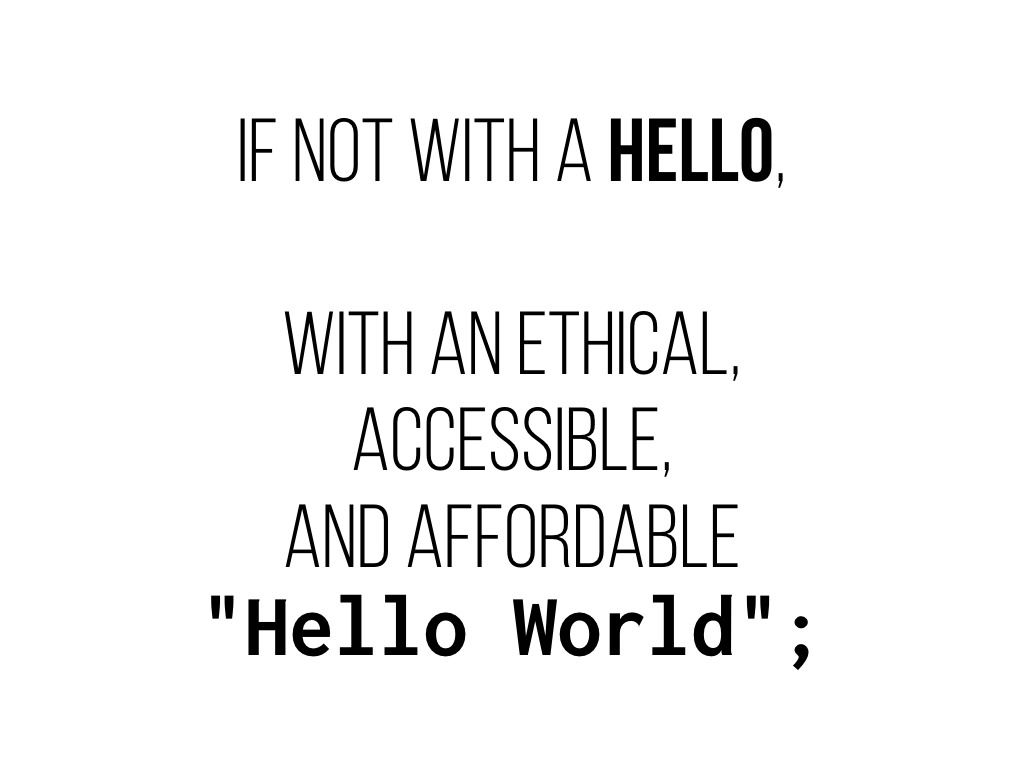
If not with a hello, with an ethical, accessible, and affordable "Hello World";
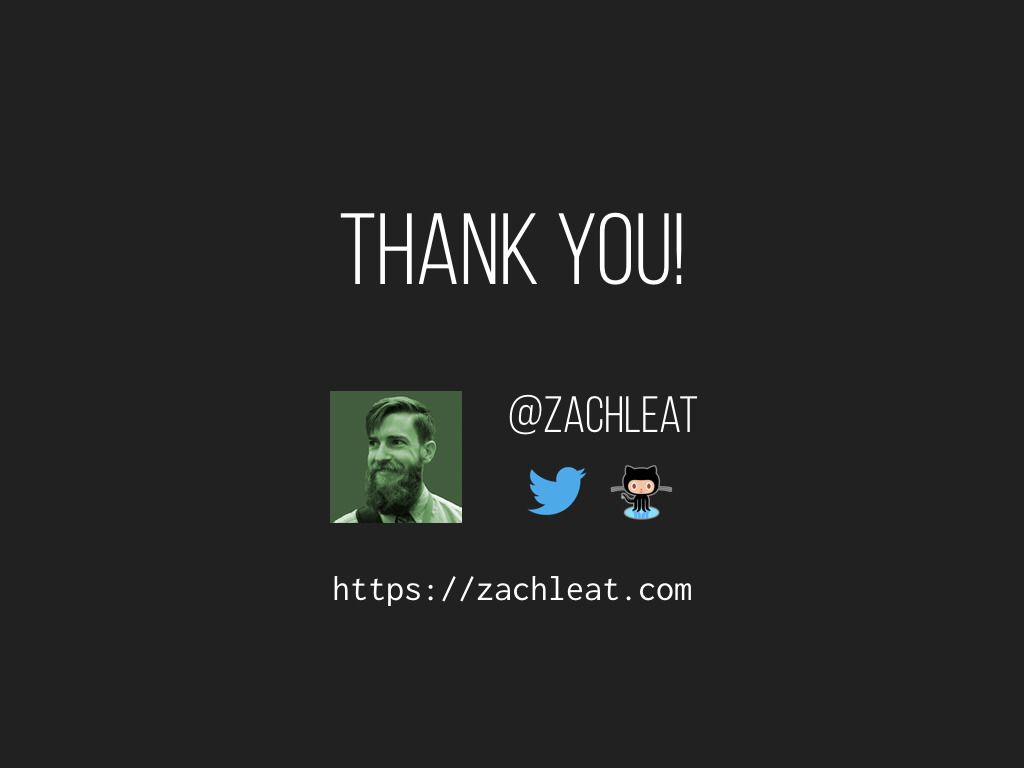
Thank you!
Created with Keynote Extractor.
